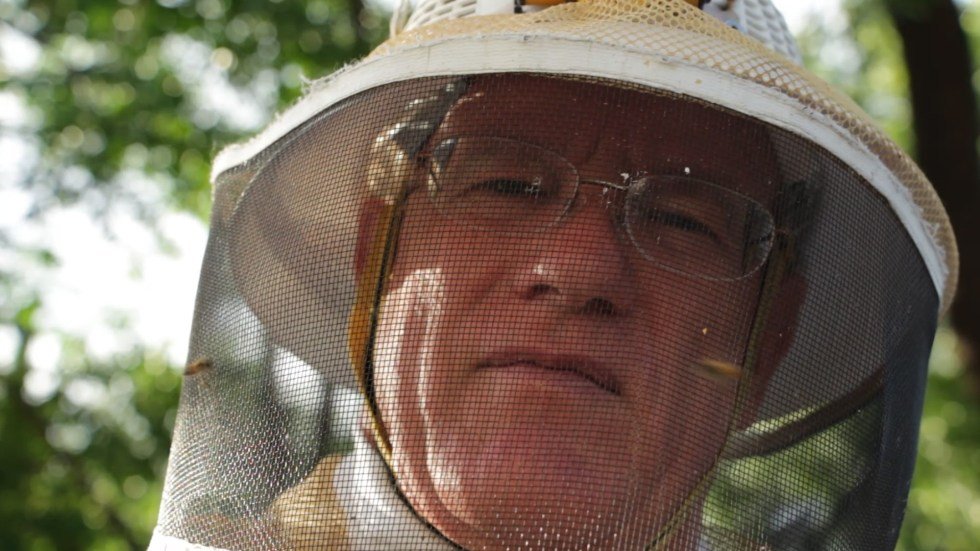Our Story
Meet J. Greg Denker, Manager of Wagon Wheel Ranch
Growing up back and forth between Southern California and Southern Arizona, Greg was addicted to being outdoors. During the summer between fourth and fifth grade, Greg announced his intent to acquire beehives and become a beekeeper, a trade that had been in his family for many generations.
However, Greg needed to raise the funds to acquire the bees and equipment. Thirty-five-cents-a-week allowance was clearly not the path to adequate capital. When mowing lawns didn’t bring in enough funds, he convinced an engineer with a drafting table to draw up six-per-page stock certificates that sold for thirty cents per share. Within only nine months, the then-eleven-year-old Greg raised the needed $40 for his first beehive.
From there, he built additional wooden boxes, captured unwanted bee colonies and built out apiaries. He enlisted friends and siblings to work the beehives. And when Greg grew up, and had kids of his own, they too learned the trade of beekeeping, with or without head coverings.
Now, into the 2020’s, beekeepers, researchers, government inspectors and scientists come from far and wide to look in on (and run independent tests on health and hygiene of) Wagon Wheel Ranch beehives. We know of no other commercial beekeeping operation where bees have been selectively bred on such a scale, and have achieved a never-before-seen level of natural hardiness, that ensures no pharmaceutical intervention is necessary in order for them to thrive year-round.
Better Beekeeping
“If it isn't strictly natural, it isn't Wagon Wheel Ranch”
This isn't about being strictly natural just to be able to say we are "organic" and therefore better than traditional beekeeping. We use natural practices and materials because we know that, given the chance to thrive, honey bees will adapt to their circumstances and build their own natural defenses to the parasites and diseases that have long plagued modern beekeeping.
Better Bees
For years at Wagon Wheel Ranch, we have been breeding a whole new class of honey bees so that the entire continent can benefit from stronger, healthier bee colonies for use in honey production, pollination of agricultural crops and hobby beekeeping. Our primary goal is to breed queen bees for sale to America's beekeepers.
Ranchers, farmers and scientists in Western states have been acquiring whole beehives from us for several years because--in their need to have bees that will survive the rigors of modern beekeeping without intensive medication--where else can they turn?
Our Mission
We strive to ensure that all materials that come to Wagon Wheel Ranch, whether lumber, seeds, chemicals or fuels, are as natural as possible. We use solar energy wherever possible, harvest rainwater, cultivate natural local plant species, and of course we manage the health of our honey bees without treating them with acaricides (mite-killing chemicals), antibiotics or fungicides.
We routinely test the bee colonies to gauge their resistance to parasites (especially the Varroa mite) and selectively breed the colonies to yield bees with inherent resistance to the pathogens that motivate other beekeepers to turn to chemical controls.
